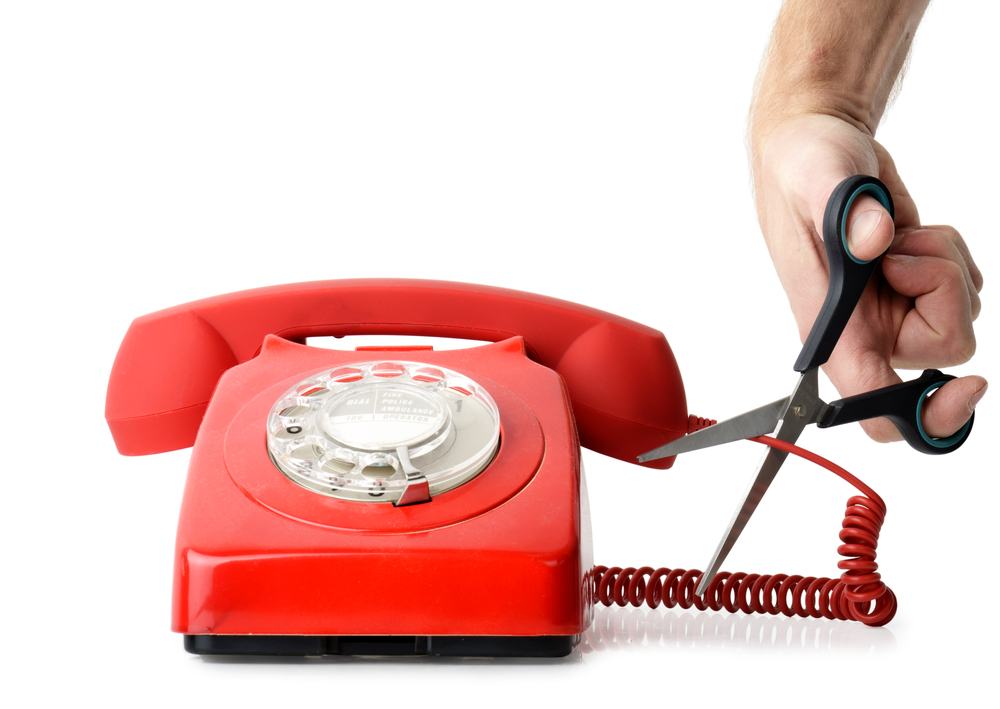As public officials, both at the federal and state level begin to contemplate “reopening” the economy, it is time to pause and reflect just what reopening the economy fully means, and what it would require.
In a series of excellent and thought provoking essays recently written by Pierre Lemieux here at EconLog, we are reminded of the unintended consequences of government intervention in the operation of the price mechanism, particularly in distorting the allocation of goods and services according consumer demands. A reopening of the economy will, hopefully, eliminate the pervasive shortages that we have all experienced in recent weeks. However, such consequences of government intervention reveal a symptom of a more fundamental problem that I wish to put into perspective here.
I wish to redirect our attention to the fact that a true “reopening” of a market economy would require that the President of the United States and our Congressional leaders, both now and in the future, truly reaffirm their oath to preserve, protect, and defend the Constitution of the United States, in particular, for my point here, the First Amendment of the U.S. Constitution.
It may help to recall just what the First Amendment states:
Congress shall make no law respecting an establishment of religion, or prohibiting the free exercise thereof; or abridging the freedom of speech, or of the press; or the right of the people peaceably to assemble, and to petition the government for a redress of grievances.
One may stop and ask: what does the First Amendment have to do with the COVID-19 pandemic, and its ramifications for the future? Furthermore, one may argue that the measures taken to protect us from COVID-19 have not violated any of these rights, and that I’m engaging in an exercise of fear-mongering at a time when expediency trumps principle (no pun intended here).
However, what I wish to point out here is a lesson from F.A. Hayek, who expressed in “The Use of Knowledge in Society” (1945) that, fundamentally, market prices are a form of telecommunication between buyers and sellers. Moreover, such prices only emerge when buyers and sellers can communicate their willingness to buy and sell, respectively, through the act of exchange, which itself can only occur if individuals are able to peaceably assemble in free association. As such, the free fluctuation of prices in response to consumer demands should not be disrupted any more than the free expression of ideas between individuals.
Inhibiting the ability for consumers to communicate their demand to sellers through price controls is analogous to cutting a telephone cord in the middle of an emergency phone call. At a time when, more than ever, entrepreneurs require such information to know in what quantity and quality they are “asked” to produce face masks, hand sanitizers, toilet paper, and ventilators, to name just a few items whose demand has spiked, the inability for consumers to communicate such demands and incentivize greater supply of such goods can be, quite literally, a matter of life and death. As Patrick Henry once said, “give me liberty or give me death.” Perhaps we should not take that message lightly when violations of the First Amendment in the form of price controls can put lives at stake.
Hayek’s point was written in the context of the debate over the possibility of central planning under socialism, but as Ben Powell has recently pointed out, government officials can’t plan for the “reopening” of the economy from COVID-19 anymore than socialist economies could utilize central planning to allocate goods and services.
However, Hayek’s message is more relevant for another reason. A true reopening of the economy would require that government officials free our markets from price gouging laws and other controls that predated the outbreak of the pandemic, and this requires, fundamentally, greater respect for the First Amendment by public officials.
If we put into perspective that the unhampered communication of information through prices is a form of speech that requires individuals to peaceably assemble through exchange, then price controls constitute a violation of First Amendment of the U.S. Constitution.
Justifiably so, many of us can get caught up in panic and fear. We all have friends and love ones who we wish to protect from the pandemic. What has happened can’t be reversed. That being said, it is important to pause and reflect for the future what is at stake for Americans when they sacrifice their principles for the sake of expediency.
Rosolino Candela is a Senior Fellow in the F.A. Hayek Program for Advanced Study in Philosophy, Politics, and Economics, and Associate Director of Academic and Student Programs at the Mercatus Center at George Mason University.


READER COMMENTS
Nodnarb the Nasty
Apr 28 2020 at 10:16pm
A great, clever piece. I hope there’s more to come!
Phil
Apr 29 2020 at 7:02pm
I find it fascinating that lawyers and doctors never pretend to be economists, but economists frequently pretend to be lawyers and doctors (and a host of other professions). A dismal science, indeed.
Comments are closed.